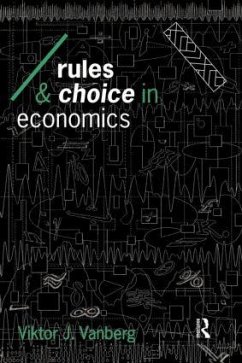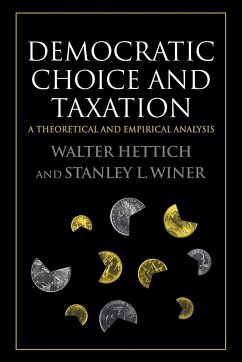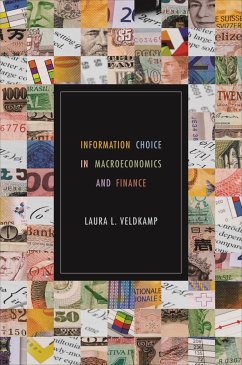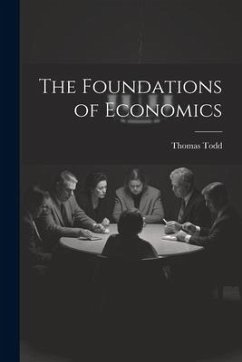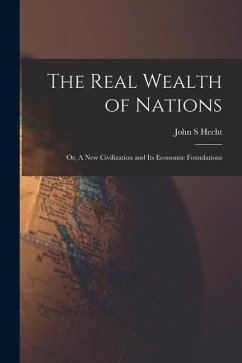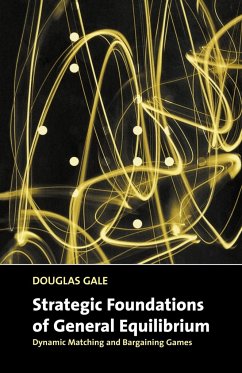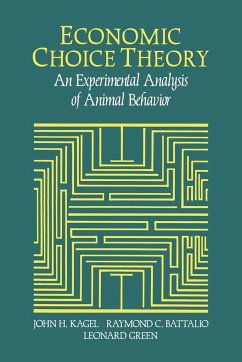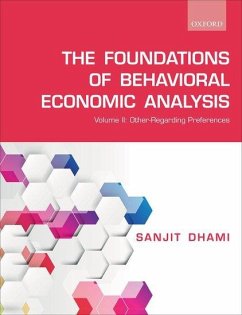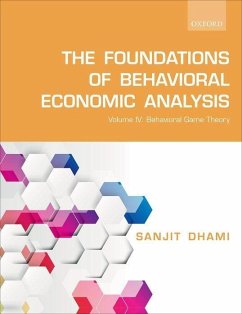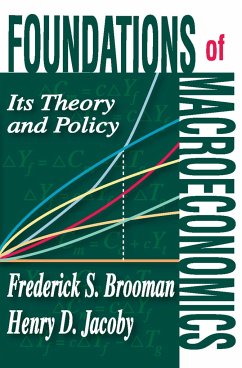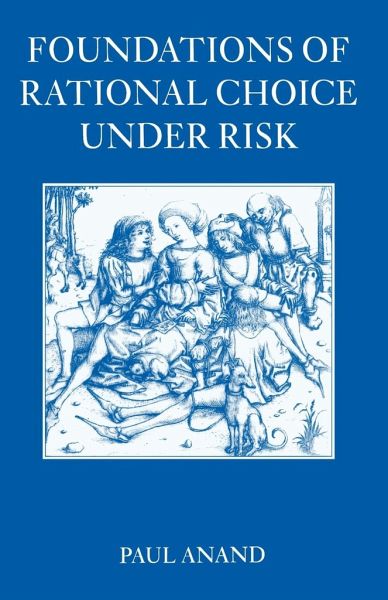
Foundations of Rational Choice Under Risk
Versandkostenfrei!
Versandfertig in 1-2 Wochen
46,99 €
inkl. MwSt.

PAYBACK Punkte
23 °P sammeln!
In this book, Paul Anand examines the normative interpretation of Subjective Expected Utility (SEU). He tests the philosophical and logical basis for associating SEU with rational choice. Decision theorists have increasingly come to accept the experimental evidence that subjects systematically violate the axiomatic assumptions of SEU, and as a result the past decade has witnessed an explosion of mathematical models that seek to capture this behaviour. A current issue is whether axioms of SEU really are canons of rationality. Anand discusses whether the new decision-theoretic models are more than just accounts of irrational behaviour. The main themes of this book are that, empirically, SEU is false, and that normatively it imposes unnecessary constraints on rational agency. Problems with Bayesianism are introduced and it is shown that useful distinctions between risk and uncertainty (in a Keynesian sense) can be made. Some of the radical methodological changes in economics that underpin theoretical developments in decision theory and economics are also discussed.
Paul Anand describes and evaluates many existing criticisms of the formal theory of rationality and subjective expected utility (SEU) theory. He tests the logical and philosophical basis for basing rational choice on SEU and argues that, empirically, SEU is false, and that normatively, it imposes unnecessary constraints on rational agency. He provides his own account of rational choice which is grounded in the relationship between an agent's preference and his or her behavior. In addition, he discusses some of the radical methodological changes in economics that form the basis for theoretical developments in decision theory.



